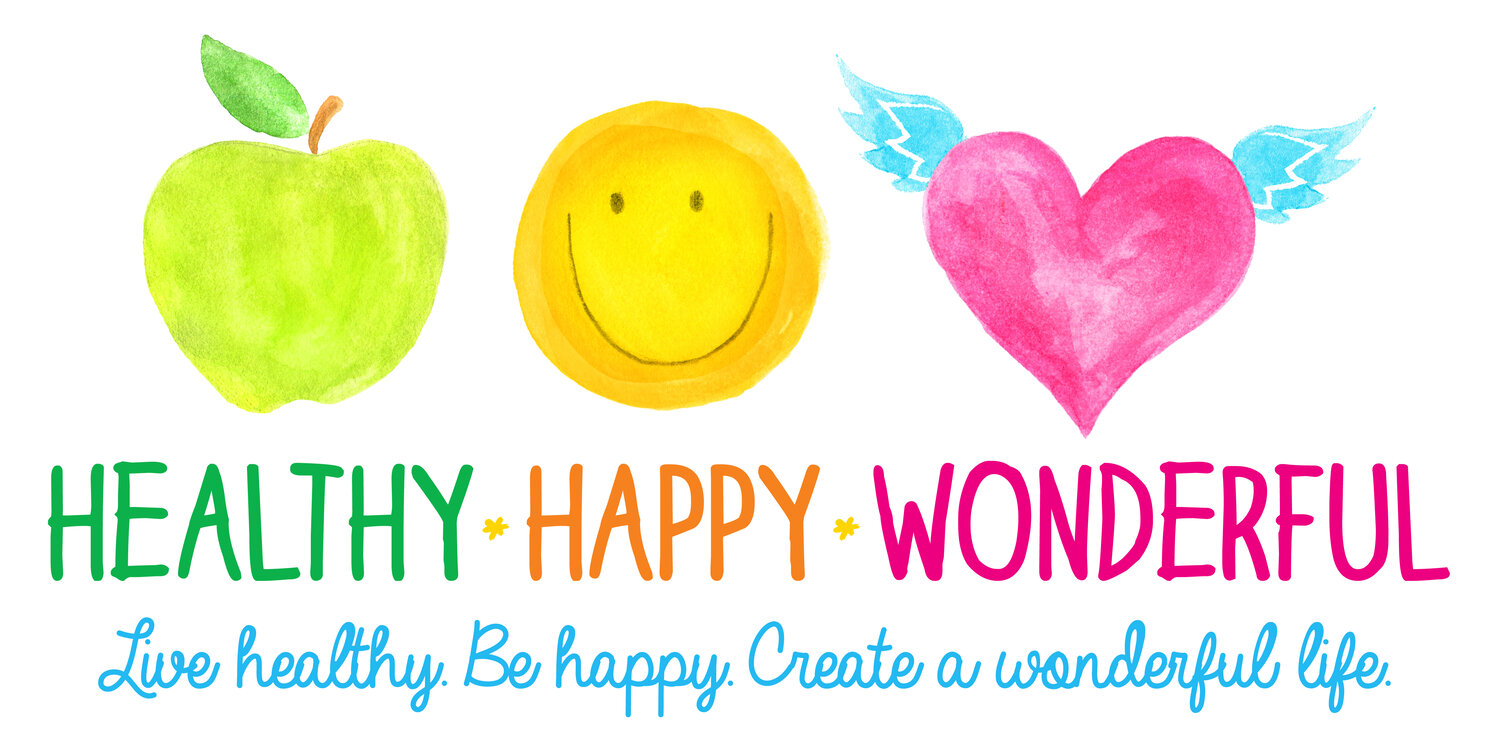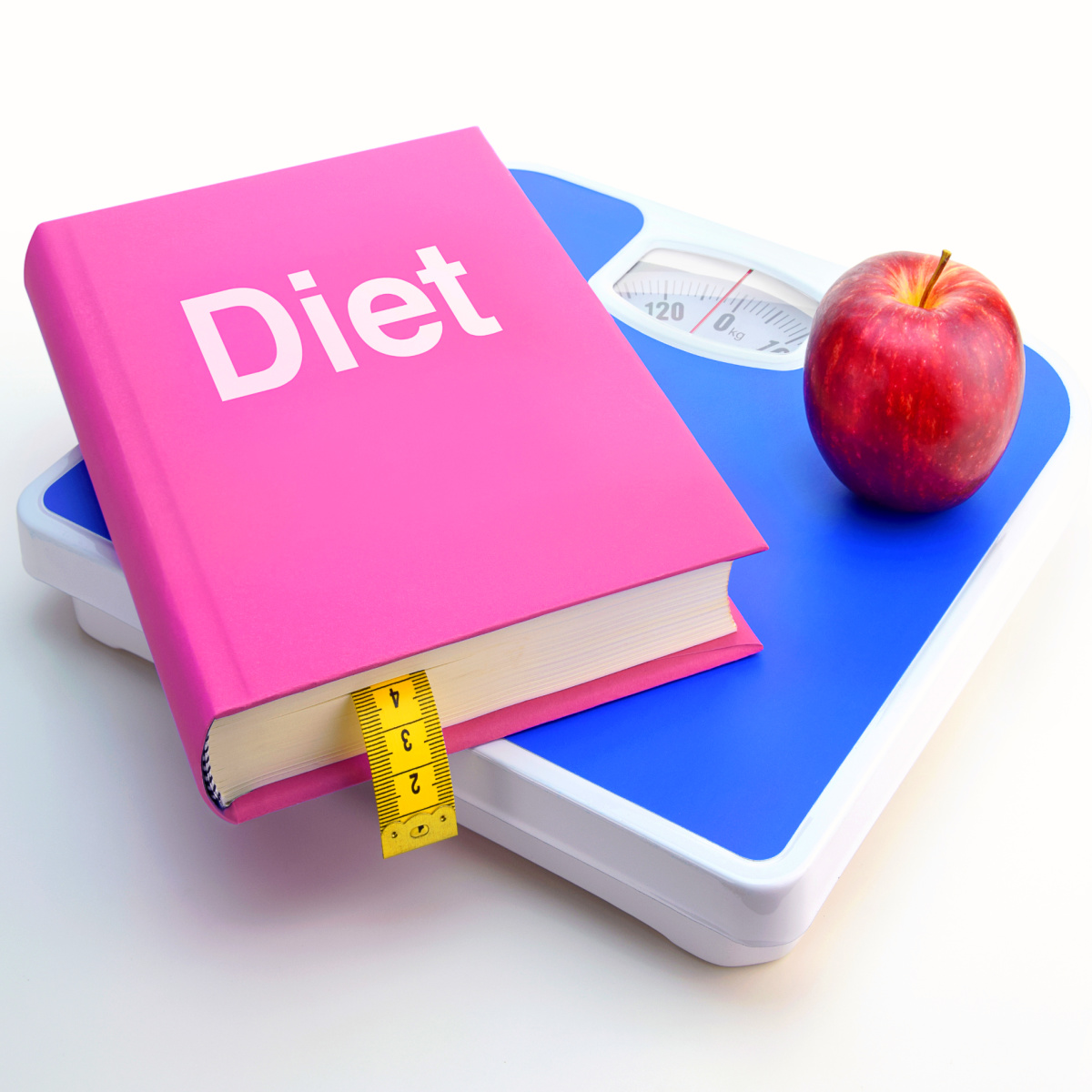The Problem With Diet Books
/The Problem With Diet Books
Diet books are EVERYWHERE.
Entire shelves are devoted to them in bookstores, and online retailers offer thousands to choose from.
Pritikin, Atkins, Fit for Life, Paleo, Stop the Insanity, Dukan, Blood Type, Sugar Busters, The Zone, 5:2, South Beach, Protein Power, Whole30, pH Miracle
Depending on your age, chances are you will be familiar with all of the above diet books, or the diets they promote. And you may even have tried one or more of them too.
But here’s my problem with diet books:
Many (or probably most) are based on dodgy science.
Even the ones with pages and pages of citations of scientific studies; when you scratch the surface, the claims just don’t add up.
And it gets confusing too. Because different diet books dictate different - usually very rigid - ways of eating. And more often than not, they demonise foods or food groups. Are carbs the devil? Or is it fat? Or “bad fats”? Or is it actually grains? Or gluten? Or plant lectins? Or animal protein?
To the extent that they work, it is because you are consuming less calories than you ordinarily would.
Have you noticed that most of these books require you to follow the diet in “phases”? And that the first phase is incredibly restrictive? Yup, they set it up so that the diet “works”! So you can write your online review and tell your friends, I’m on week three and my pants are looser!
When it comes to diet books, there is very little “quality control”. If you are an expert in nutrition and want to publish an article in a medical or scientific journal, then you will first have to submit it for “peer review” - a group of qualified experts will subject the statements you make in your article to scientific scrutiny, including whether the studies you cite actually support the statements you make.
But there is no “peer review” process for diet and nutrition books. Publishing houses are experts in, well, publishing. They bring in teams of marketing and public relations experts to promote their books, not scientific experts to make sure the science stacks up. And this has allowed many diet book authors to make claims about how we should eat for weight loss or health benefits that are not backed up by the science.
I’m not saying all diet and nutrition books are bad. There are some great books out there, and I’m in favour of anything that helps to guide and remind us to make healthier choices. Books can be a great way to expand our knowledge, or remind us of what we need to do to live healthy, happy, long lives. Ans as a book lover, I’m not going to tell you to stop buying diet books. We all know that’s not gonna happen!
So how can you sort the books with reliable health info from the pseudo-science, moneyspinning bunk?
I’m so happy to have discovered this recently-launched website that does the work for us. A group of qualified scientists have given their time to test the science in a number of popular diet books. You can check it out at https://www.redpenreviews.org *
They only have a few book reviews on their site so far, but hopefully that will change over time, so we can have a great resource to check before we go healthy book shopping!
And in case you’re wondering, I have no affiliation with Red Pen Reviews or anyone involved with it. I have recommended it because I think it is a great resource.
Further reading:
https://www.vox.com/2016/3/24/11296168/down-with-diet-books
https://newsroom.niu.edu/2016/01/21/beware-the-lure-of-get-slim-quick-diets-niu-experts-say/
https://www.theguardian.com/lifeandstyle/2013/feb/20/a-history-of-diets-byron-52













